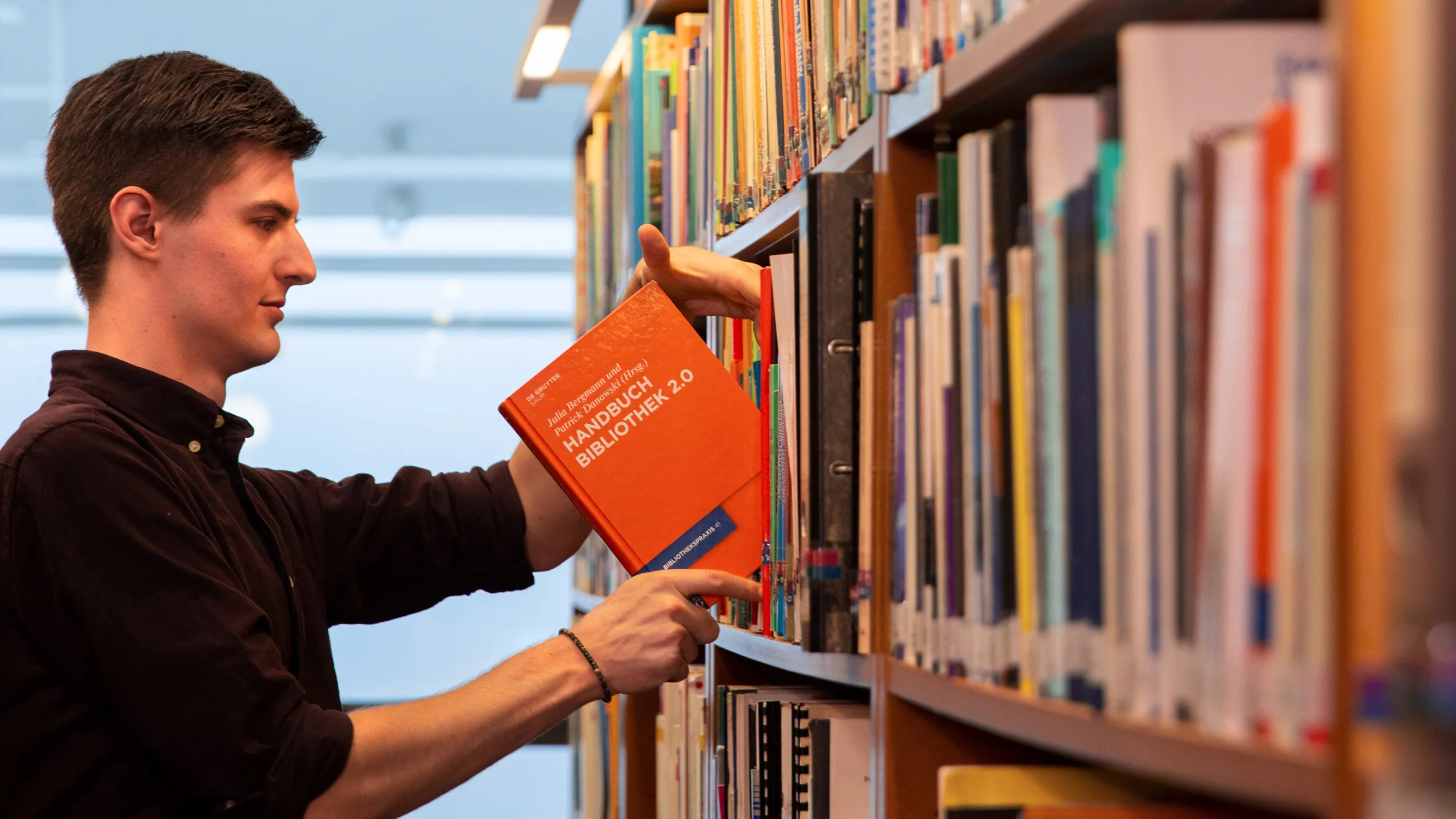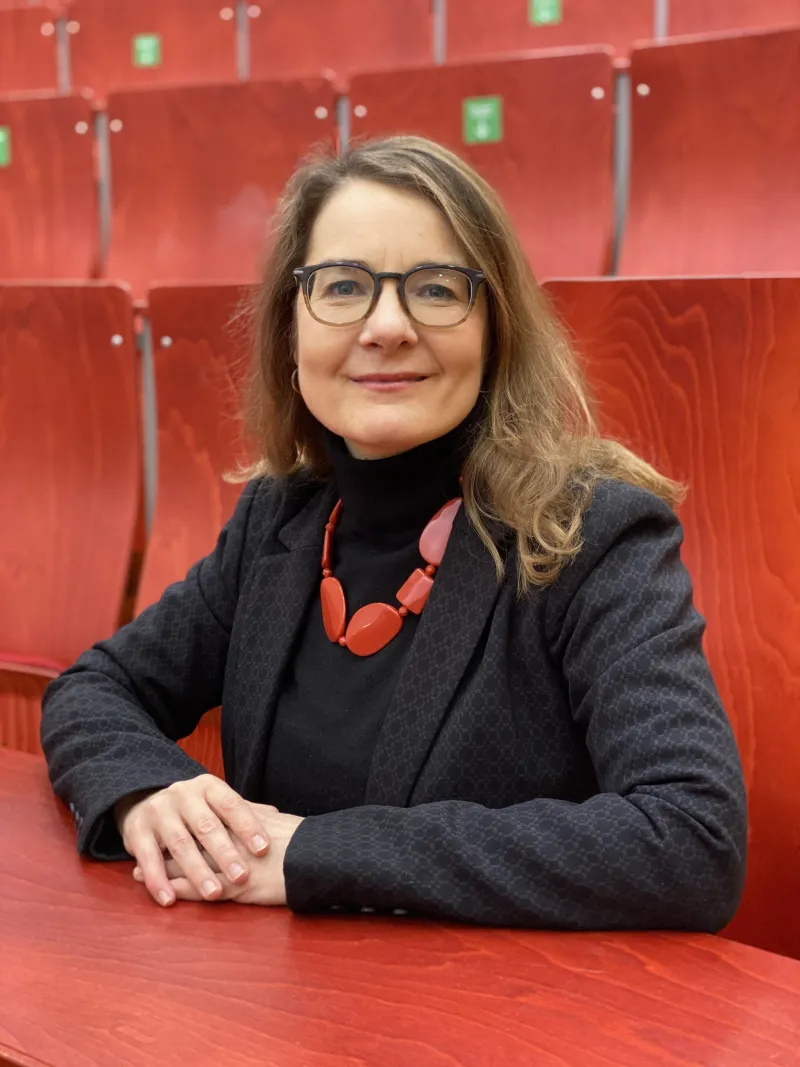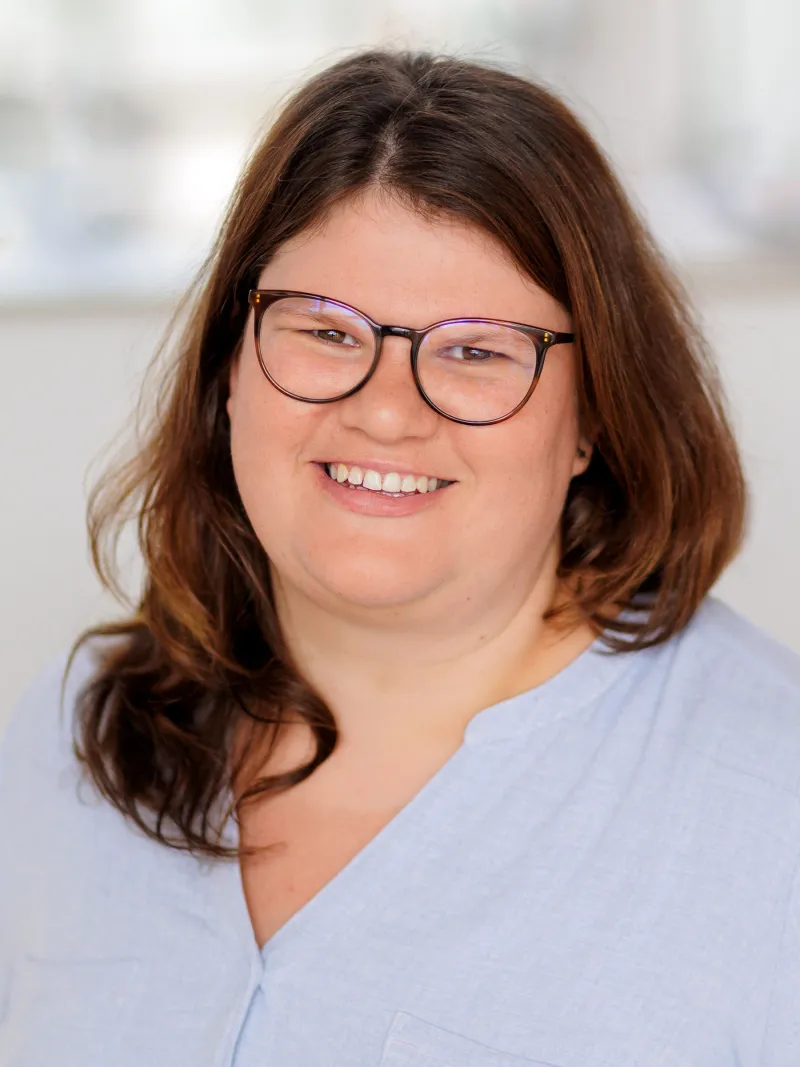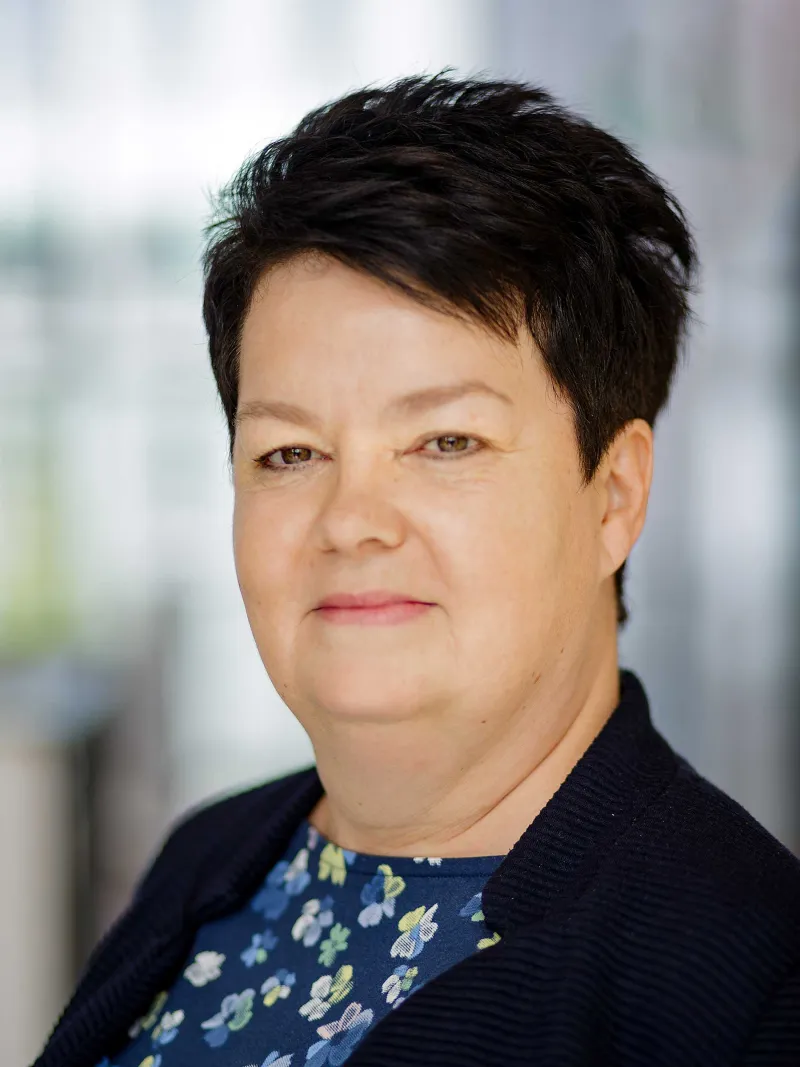Libraries bundle large amounts of diverse information and make it accessible to their users. In doing so, they make a valuable contribution to understanding the past, present and future.
As a library researcher, you not only hold the key to this knowledge in your hands, but also produce it and thus actively contribute to the transfer of information.












